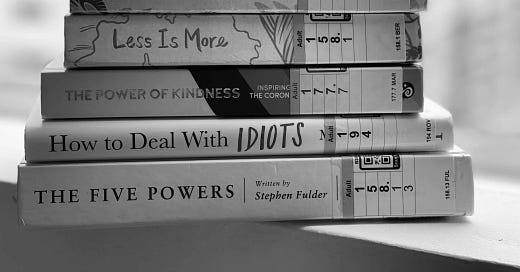You Don’t Need Another Quote. You Need to Think.
How motivational content rewires your brain, kills critical thinking, and keeps you addicted to illusion.
Why Does Every Post Sound Like a Cheap Self-Help Book?
Scroll through LinkedIn, Twitter, or even Substack these days and you'll notice a disturbing trend: most posts sound like they were lifted from a discount self-help book. Not just in tone, but in structure, substance, and purpose.
"You have the same 24 hours as Elon Musk"
"If you're not obsessed with y…
Keep reading with a 7-day free trial
Subscribe to The Black Tie Report to keep reading this post and get 7 days of free access to the full post archives.



